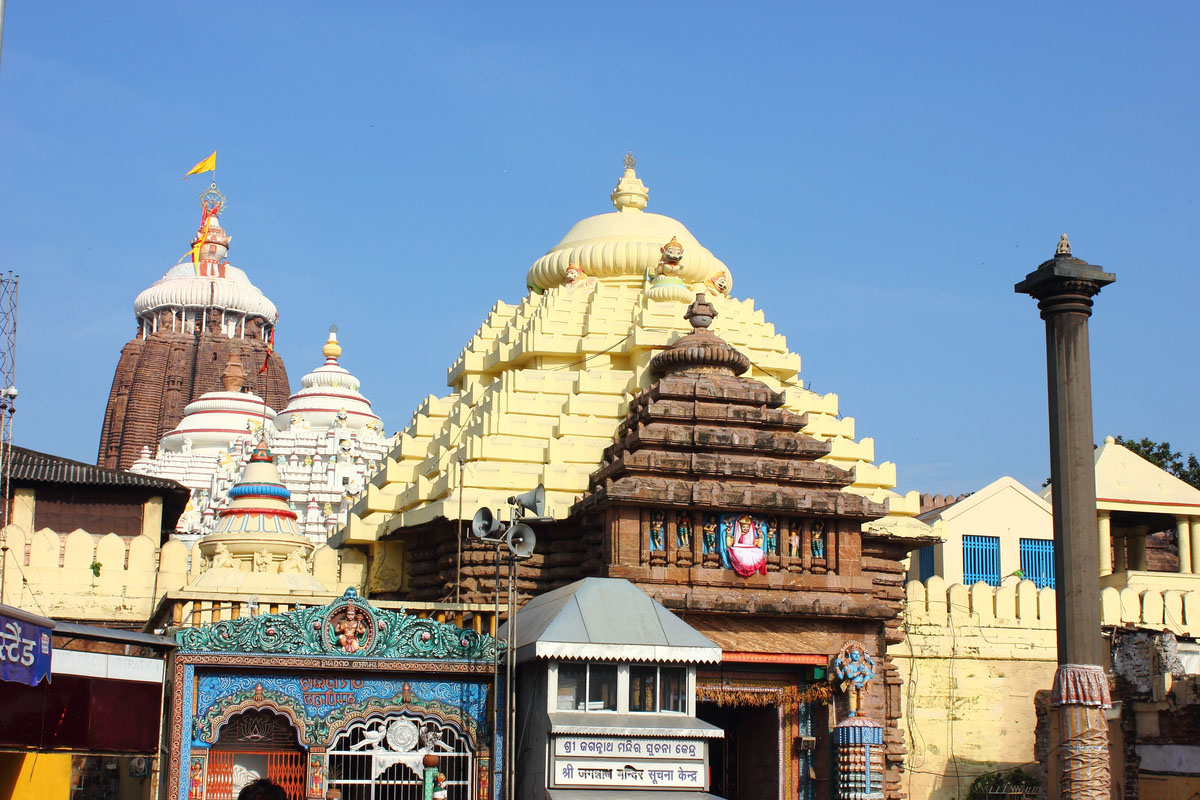Shut since almost three months amid a raging second wave of Coronavirus pandemic, the gates of the 12th century Jagannath temple will be thrown open for the public from 16 August in a graded manner.
Adhering to utmost caution to arrest the possible spread of infection, the temple authorities have made the production of double dose vaccination proof or negative RT-PCR test reports not older than 96 hours before the time of darshan mandatory.
Advertisement
Though places of worship have reopened in major parts of the State since past two days with the government easing the COVID curbs, the authorities had left it to the Shree Jagannath Temple Administration (SJTA), the apex body of the revered shrine, to decide on the reopening of the holy shrine.
The holy shrine, a revered pilgrimage destination for millions of followers of the Jagannath cult across the globe, had been closed since 1 May when covid cases had peaked in the State.
“Keeping in view the safety criterion, the temple will reopen in a graded manner. The reopening will come into force on 16 August. However, the residents of the pilgrim town will only be allowed entry with identity proof. The devotees of Puri will not be permitted darshan on 21 August and 22 August as there will be a weekend lockdown in the pilgrim town. From 23 August onwards, the temple will be fully reopened for devotees from other areas”, Chief Administrator, SJTA, Krishan Kumar said.
The devotees are allowed temple visits from 7 am to 8 pm for five days from Monday to Friday. Due to the weekend shutdown, there will be no entry into the temple. On auspicious Janmashtami, the temple visit is disallowed.
It may be recalled here that the famous Rath Yatra of the divine trinities was observed for two successive years without the presence of any devotees in accordance with Supreme Court directions. Besides other major festivals of the temple like Devasnana Purnima and Nagarjuna Besha were devotees-less affairs in view of the Coronavirus restrictions.
The Shree Jagannath Temple Administration (SJTA), the apex body of the 12th-century shrine, had earlier decided to keep the temple out of bounds for devotees from 16 May amid the rapid resurgence of COVID-19 in the coastal State.











